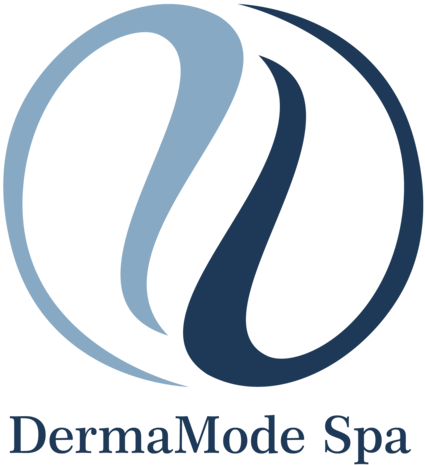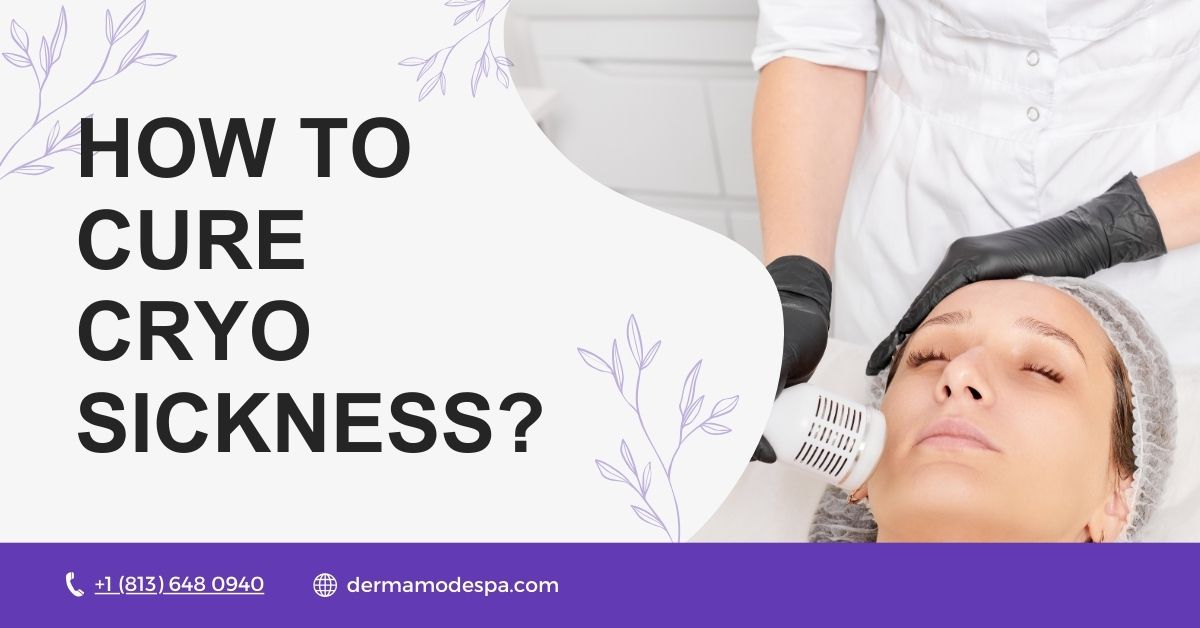Curing cryo sickness involves several key steps. First, ensuring gradual rewarming of the body is essential to prevent further complications. Using warm blankets and heated pads can help stabilize body temperature. Hydration is also critical; consuming warm fluids aids in recovering from the effects of cold exposure.
Additionally, maintaining a balanced diet rich in vitamins and minerals supports overall health. Taking care of mental well-being through rest and relaxation is equally important for a full recovery. If symptoms persist, seeking medical advice is crucial to address any underlying issues.
What is Cryo Sickness?
Cryo Sickness refers to a set of symptoms experienced by individuals after undergoing cryogenic treatment or cryotherapy.
These symptoms can include headaches, dizziness, nausea, and fatigue. The condition occurs due to the body’s reaction to extreme cold temperatures, which are used in treatments to reduce inflammation and pain. While generally temporary, it’s vital for patients to consult healthcare professionals if symptoms persist, ensuring the cryotherapy is administered safely and effectively.
Symptoms of Cryo Sickness
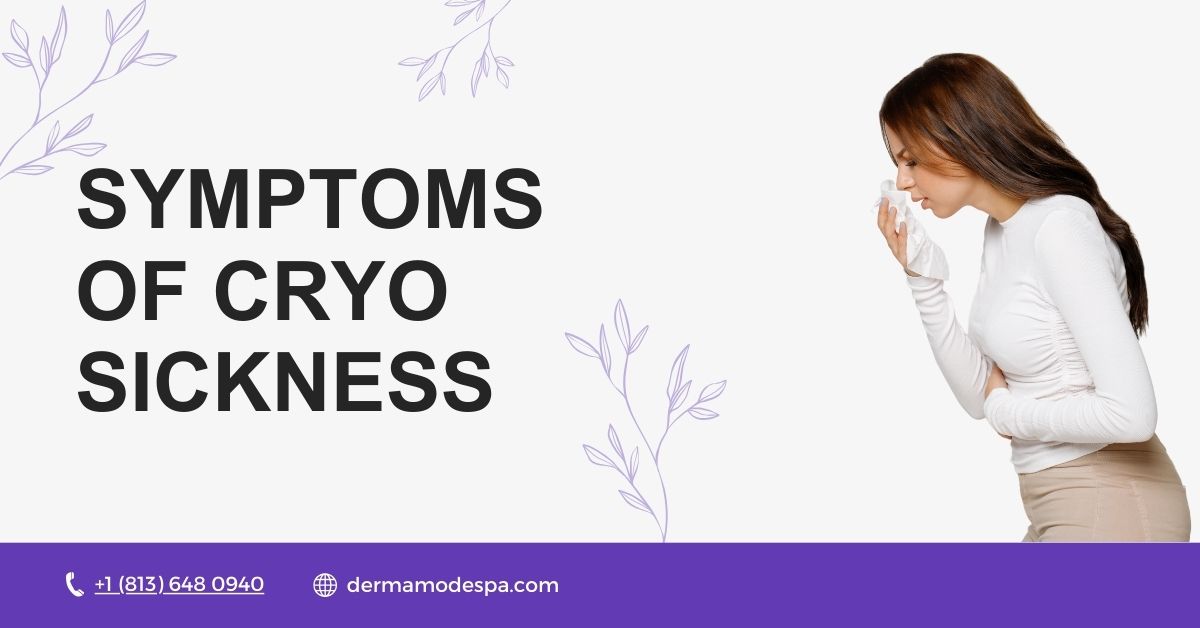
Symptoms of Cryo Sickness often manifest after a prolonged cryo freeze experience. These symptoms can include disorientation, muscle stiffness, and fatigue.
Additionally, individuals might experience headaches and nausea upon awakening from a cryo freeze. It’s crucial to monitor these symptoms closely, as they can vary in severity and impact one’s overall health. Consulting a medical professional is advised for anyone experiencing persistent or severe symptoms post-cryo freeze.
Causes of Cryo Sickness
Cryo Sickness can be caused by several factors. One common cause is the body’s reaction to the extreme cold temperatures used in cryotherapy.
Another factor is the rapid changes in blood pressure and heart rate that can occur during the procedure.
Additionally, some individuals may experience dehydration or an imbalance in electrolytes, contributing to the symptoms.
Can Cryo Sickness Be Cured?
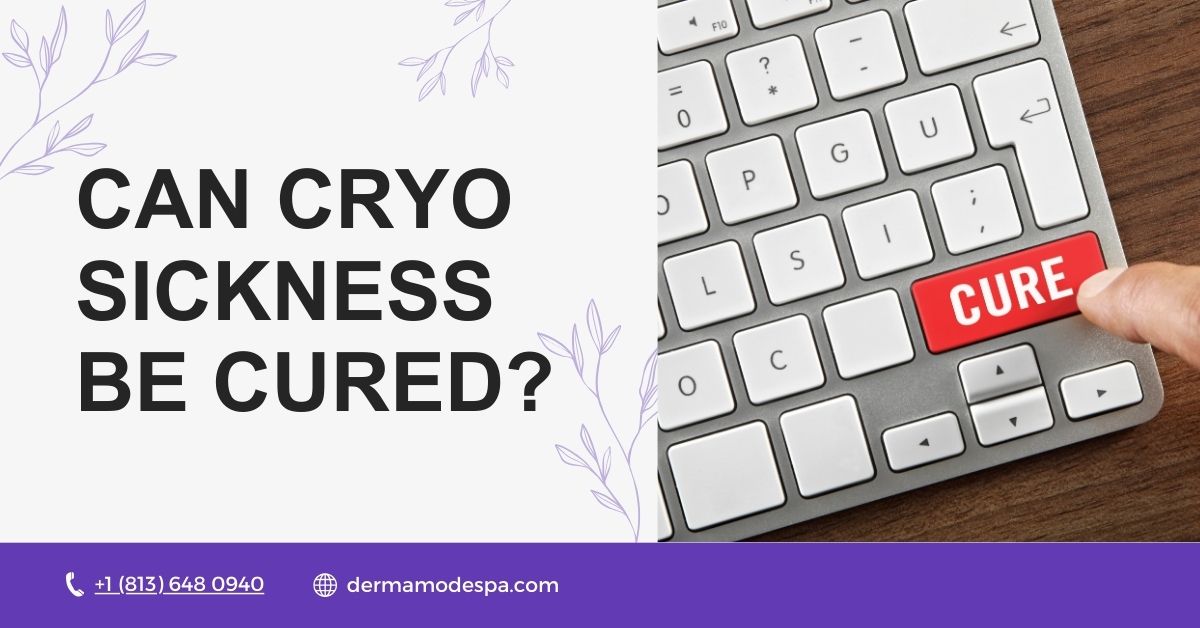
Cryo sickness, also known as cryogenic sickness, is a condition that can occur in individuals who undergo cryogenic freezing or are exposed to extremely low temperatures for extended periods. This condition is characterized by symptoms such as nausea, headaches, and muscle pain. Despite the severity of these symptoms, research into effective treatments is still in its infancy.
Current treatment options primarily focus on symptom management rather than a definitive cure.
Rewarming techniques and medications to alleviate pain and nausea are commonly employed. Additionally, preventing cryo sickness through careful monitoring and gradual acclimatization to cold environments is crucial.
As the field of cryogenic medicine advances, it is hoped that more targeted therapies will be developed. Until then, a combination of preventive measures and symptomatic treatment remains the best approach for managing cryo sickness.
Effective Treatments for Cryo Sickness
Effective treatments for cryo sickness include gradual rewarming and hydration therapy. Gradually increasing the body temperature helps in stabilizing the body’s functions, while hydration therapy ensures that any fluid imbalances are corrected.
An important preventative measure you can take is to be well prepared for your cryotherapy sessions Ensure you are well-hydrated and avoid heavy meals before the session.
Additionally, anti-inflammatory medications can be administered to reduce swelling and pain. Monitoring and supportive care are crucial for the patient’s recovery, ensuring that any complications are promptly addressed.
Medical Interventions
Medications
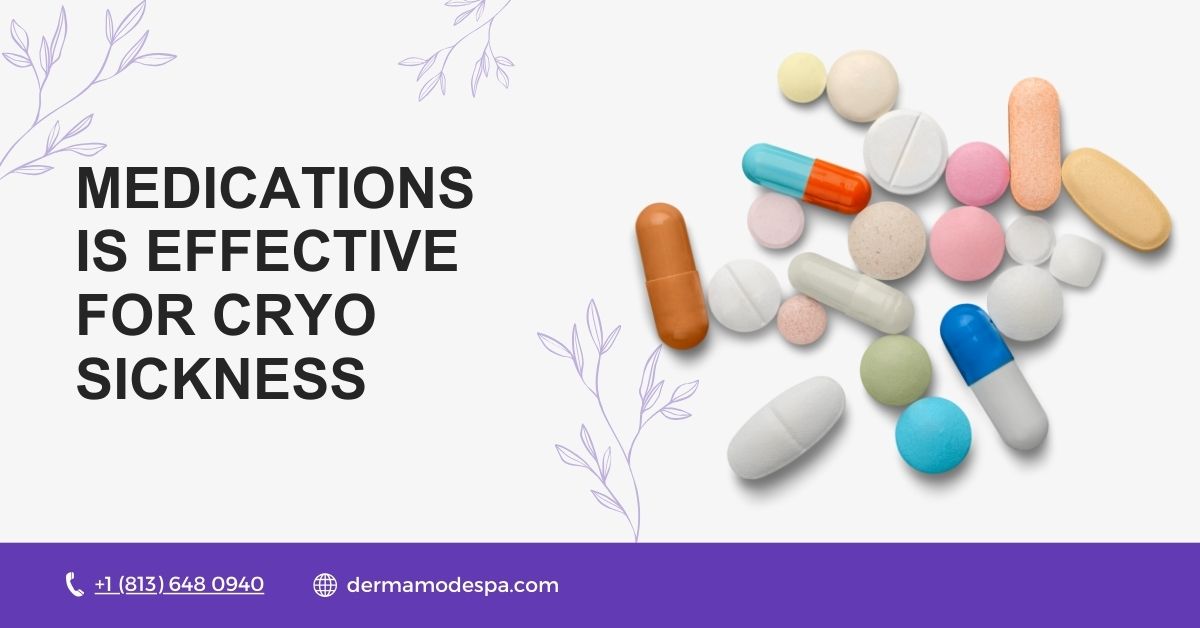
Medications have proven to be an effective treatment for Cryo Sickness, a condition that can affect individuals after undergoing cryogenic stasis. This ailment can manifest through symptoms such as nausea, dizziness, and muscle weakness. By administering specific pharmaceuticals, healthcare providers can alleviate these symptoms, promoting a smoother recovery process.
Additionally, the use of anti-inflammatory and anti-nausea medications can significantly reduce discomfort, allowing patients to regain their strength more quickly.
Continuous medical research is essential to improving these treatments, ensuring that individuals affected by Cryo Sickness receive the most effective care possible.
Therapies
Therapies are emerging as an effective treatment for cryo sickness, a condition often experienced after prolonged exposure to extremely low temperatures. Physical therapy can help alleviate muscle stiffness and improve mobility, while occupational therapy focuses on helping individuals regain daily functional abilities.
Additionally, cognitive-behavioral therapy (CBT) can be beneficial in addressing any psychological impacts, promoting overall recovery and enhancing quality of life.
Home Remedies
Dietary Adjustments

Cryo sickness, often experienced by individuals undergoing cryogenic procedures, can be effectively managed through specific dietary adjustments. Incorporating a balanced diet rich in antioxidants and anti-inflammatory foods is crucial.
Foods such as berries, leafy greens, and nuts help in reducing inflammation and oxidative stress, which are common contributors to cryo sickness symptoms.
Additionally, maintaining adequate hydration and electrolyte balance is vital. Consuming foods high in potassium and magnesium helps in stabilizing electrolyte levels. Finally, limiting intake of processed foods and sugars can further support the body’s recovery process. These dietary strategies collectively contribute to alleviating the discomfort associated with cryo sickness.
Lifestyle Changes
Addressing cryo sickness requires significant lifestyle changes for effective treatment. Adopting a balanced diet rich in antioxidants, vitamins, and minerals is essential. Regular exercise enhances circulation and boosts overall health.
Stress management techniques, such as mindfulness and meditation, improve mental well-being and aid recovery. Adequate sleep is crucial for bodily repair and immune function. By integrating these healthy habits, individuals can mitigate the symptoms of cryo sickness and enhance their quality of life.
